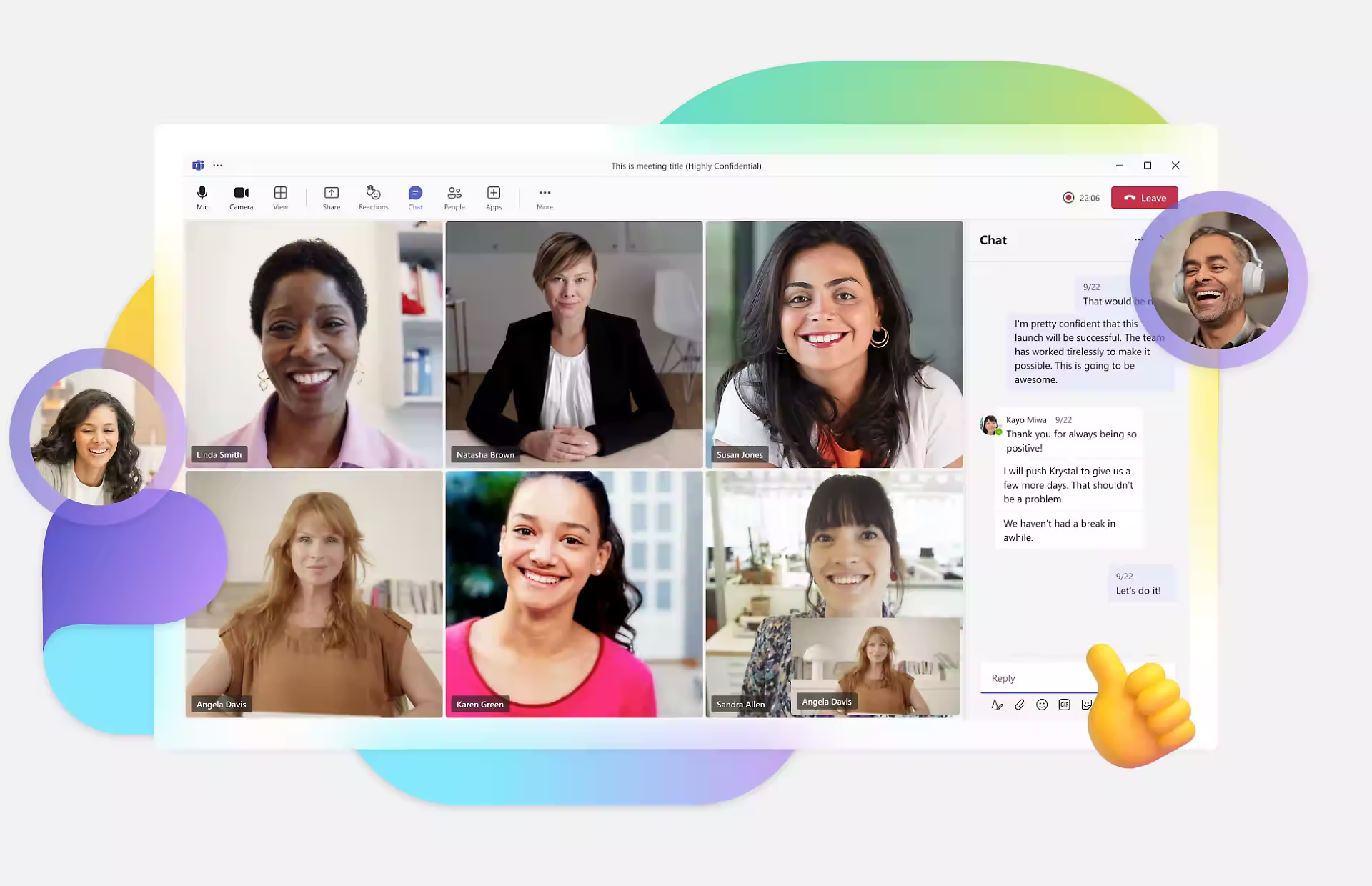Microsoft has this week announced that it is splitting it's instant messaging and videoconferencing solution, Microsoft Teams, from the Microsoft 365 and Office suites in the UK. This split follows an earlier move across Europe, which took place in October 2023.
What does this mean?
Since 2017, users of Microsoft 365 have been able to access all of the features and functionality that Microsoft Teams offers, at no additional cost due to the app being available within core Microsoft 365 licensing. As the pandemic hit, no doubt a lot of businesses decided to purchase new subscriptions or upgrade existing Microsoft 365 licenses to unlock collaboration and productivity benefits that were needed for remote and hybrid working.
Fast forward to 2024, and Microsoft Teams is the go-to online meeting platform used by millions of global businesses to communicate and do business together. But with this announced split, businesses will now likely be expected to take out an additional subscription to continue to use the tool as they have done.

How will this affect how partners go to market?
As we see it, there are a couple of opportunities for channel partners:
A Big Microsoft Teams push
As much as Microsoft does not like to hear it, not everybody is a fan of the Microsoft 365 suite. Plenty of businesses - particularly those in the creative and education sectors - prefer to operate across Google Workspace. However, it has to be said, that the user experience of joining a Google Meet meeting is far inferior to that of Microsoft Teams. So, this could be the perfect opportunity for existing (or indeed new) Microsoft partners to push hard on Teams as a standalone application. And with a price-point as low as £3.20 per user per month, Teams could start to win customers across other videoconferencing solutions.
Portfolio diversification
IT resellers (and particularly those engaged with Microsoft CSP) that have previously been loyal to Microsoft are no longer tied to Teams as the videoconferencing solution on their product roster. Instead, they can now take a serious look at competitor solutions such as Zoom, which, on an application-by-application basis, stands up firmly against Microsoft Teams.
Ultimately, offering customers a choice between videoconferencing solutions can only be a positive, and may open up additional doors.
Our final thoughts
This significant change presents an incredible opportunity for those forward-thinking channel partners who like to take a land-and-expand approach to growth. This Microsoft Teams split allows you to reach a wider range of prospects and increase your customer base. From here, partners have the opportunity to build customer trust and identify opportunities to upsell into additional products and services, which is arguably where most resellers and MSPs want to be.
By adapting your existing Microsoft CSP or videoconferencing go-to-market strategy, you could create new revenue opportunities with existing and - or - new customers.

